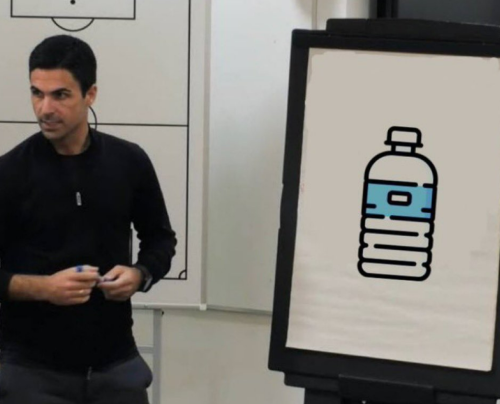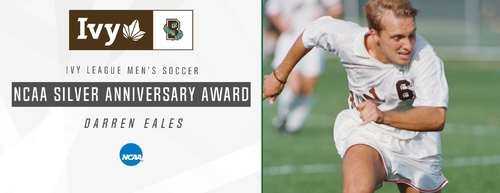-
Posts
355 -
Joined
-
Last visited
Everything posted by cosmic
-
Simon Timson: Manchester City's performance director reveals his recipe for success (thenationalnews.com)
-
I rather leave it in hands of Man City to help us secure a place in Europe than for us to face Man U in Cup Final. Less pressure and hope Pep wants to win another trophy to add to his collection
-
Man U got no manager at the moment. Why would Tosin want to open himself to so much uncertainty. If the rumours are true that he has spoken with Howe & staff, at least he has the assurance he is wanted. Unless he loves waterfalls more
-
Does she?
-
Yasir has wowed by the support and has been in from Day 1. Big question remains if PIF will continue to be interested in project if Yasir is replaced for whatever reasons. Successor may have own pet project
-
More like clubs outside the "Top 6" developing players to be sold to "Top 6"
-
The Toon shirts were in high demand and all sold out
-
Saudi colours as far back as 1999-2000 season
-
Wonder how will PCP keep up with matching their 10% share of new cash injections if this continues. Ruebens are probably fine, but Amanda & Mehrdad have their limits.
-
Eddie's biggest enemy is Eddie himself. With his own high standards, coupled with expectations from everyone associated with the new Newcastle United, his innate intensity may also cause him to burn out lot faster than his time at Bournemouth.
-
Howe and owners probably not impressed by Paqueta pushing for a move. If he can do it once, he can certainty do it again if he doesn't get his way.
-
Newcastle hijack Everton deal for Dendoncker after late-night twist (footballinsider247.com) https://www.footballinsider247.com/sources-newcastle-united-hijack-everton-deal-for-leander-dendoncker-after-late-night-twist/
-
Did Simon Smith leave on own accord or was he pushed?
-
https://ivyleague.com/news/2019/12/17/mens-soccer-browns-darren-eales-named-2020-silver-anniversary-award-recipient.aspx Our new CEO when he had hair
-
Records are meant to be broken.
-
Botman has been quoted as saying he is excited to be part of project so nothing new there. The only other name they mentioned openly was Lingard and that again was open info.
-
Bruce and his 3 Steves were more like CRT TVs and he is shaped like one too ..
-
When's the deadline to announce the new squad of 25 players? There could still be some twist to who gets into final 25.
-
Other than the unwanted players, for a team to release their "star" on deadline day, they must have been signing replacements in the runup to close of window.....
-
Even if Bruno clears medical today, isn't Brazil due to play another game on Tue? By the time he gets to Newcastle, it may be Thu. Hope he settles down quickly and play against Everton



